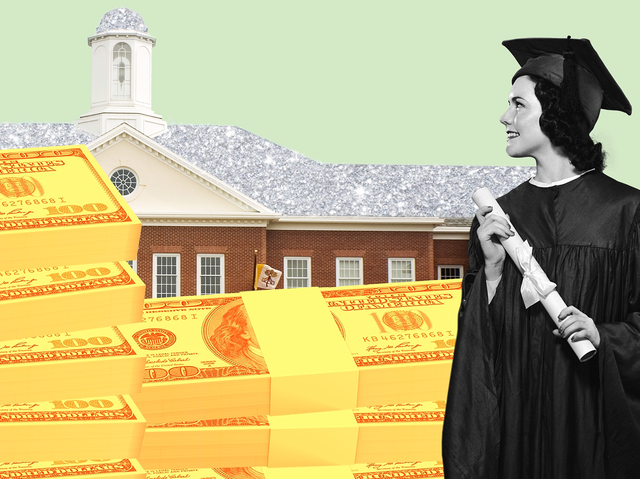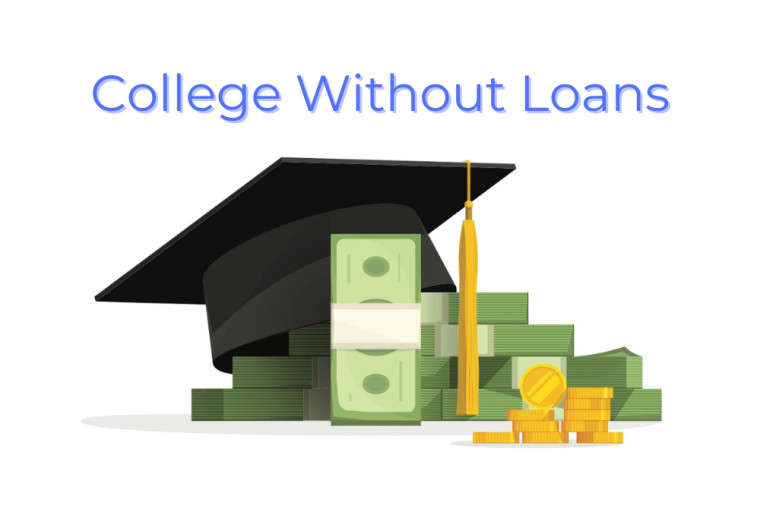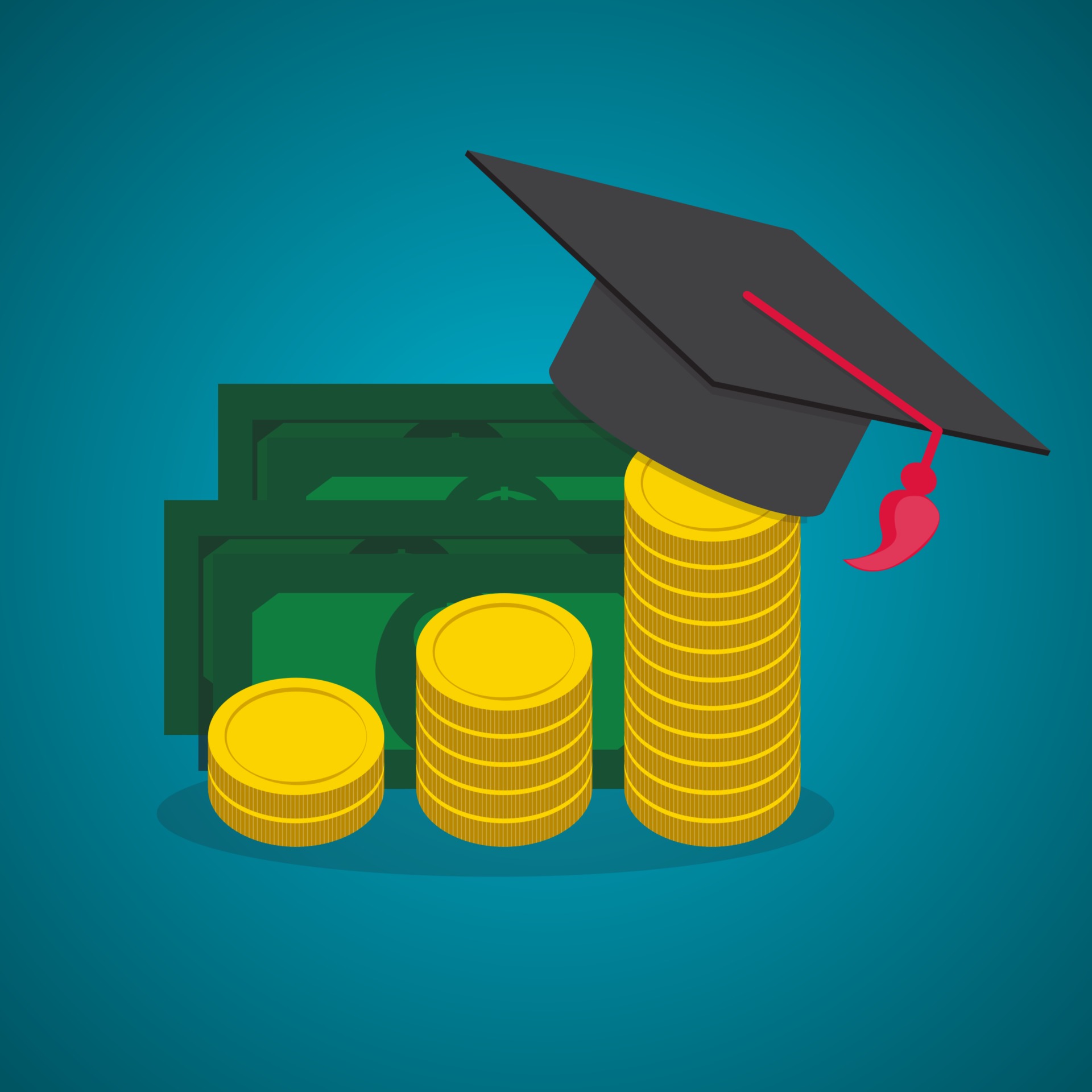Before you take out a student loan, you need to know all of the real facts about payment and consequences. Do you know how much a student loan will really cost you? Here’s 10 things that schools and lenders don’t want you to know about student loans.
1. Eligible to declare bankruptcy? Your student loans will survive the process. While it is possible to have student loans discharged in bankruptcy, it is highly unlikely. Generally, student loans are only discharged if you have a serious disability that will permanently affect your ability to draw an income. If you have the ability to work in any capacity, the court will likely deny a request for your student loans to be included in your bankruptcy.
2. Co-signing on a loan means that you are responsible for payments if the borrower defaults. Before you co-sign a student loan, you have to be willing to accept that you’re essentially taking on responsibility for the loan yourself. The person you’re co-signing for may be very responsible, but what happens if they lose their job? You don’t want your credit ruined because of someone else’s finances.
3. Parents aren’t able to discharge student loans they took out for their children, either. This means Parent PLUS loans are almost never eligible to be discharged in bankruptcy.
4. Programs designed to help you during times of financial hardship will actually hurt you. You may be eligible for economic hardship deferrals or forbearance, but interest and fees will continue to rack up. Suddenly, your debt is doubled and you’re no closer to being able to afford payments.
5. Economic hardship programs are limited, generally to three years. That’s over the entire life of the loan, so hitting multiples tough spots financially could mean that you’ll be forced to default on your student loan. Defaulting on a student loan is extremely detrimental to your credit score, more so than defaulting on private debt.
6. You may be able to get your student loan debt cancelled. There are two ways to get your debt cancelled. First, those taking jobs that are geared towards public service may be eligible for loan forgiveness programs. Second, if you attended a college that was unaccredited and gave you the impression that their degrees were valid, you may be eligible to have your student loans cancelled.
7. Collection efforts on student loans are more vigorous than with private debt. The government reserves the right to garnish your wages up to 15%, and can take tax refunds due to you to satisfy student loan debt. If you’re disabled and receive a disability or social security check, the government can even garnish that.
8. Defaulting on a student loan makes you ineligible for deferment in the future. Even if you manage to get your account back into good standing, having a financial hardship will not allow you to defer payments after defaulting. If you can’t pay your student loan bill, it’s essential to defer payments immediately so your account does not go into default.
9. If you default on a student loan, you will no longer be eligible for future financial aid assistance. If you plan on going back to school to either finish your education or obtain a higher degree, defaulting on a student loan can prevent you from doing so.
10. The government can actually revoke your professional license if you fail to pay back your student loan as agreed. If you’re having trouble making payments because of your job situation, this can make it literally impossible to ever find a job in your chosen field.



